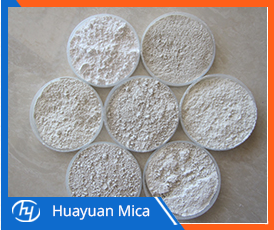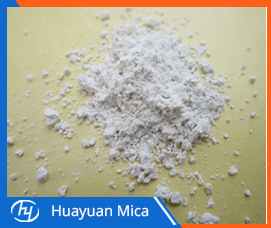Muscovite Mica is one of a wide range of rock-forming minerals and is produced in all three major rock types. Mud-like rocks can form Sericite Mica during metamorphism in low-level areas, and become muscovite when the degree of metamorphism is slightly higher. A large amount of muscovite is formed in the late stage of acid magma crystallization and in the stage of pegmatite. It can also be generated during the process of alteration from high temperature to medium and low temperature. The so-called Yunying lithification is one of the high-temperature alteration effects, which can form a large number of muscovite. The so-called sericitization is one of the low-temperature alterations and can form a large number of sericite. The supplier of Muscovite Mica China tell you Muscovite is weathered and broken into very fine scales, which can be either debris in clastic sediments or one of the mineral components of argillaceous rocks.
Muscovite oblique square column crystals, usually in the form of plates or sheets, forming a pseudo-hexagon or diamond shape. The cylinder has obvious horizontal stripes. The twin crystal is common, and the mica law is generated by contact twin crystal or intercalated triple crystal.
Muscovite schist mainly occurs in acidic magmatic rocks; in addition, it often appears in Yunyingyan, metamorphic schist and gneiss. Muscovite produced in granite often forms crystals with greater industrial value; the formation of muscovite in pegmatite is multi-stage; in hydrothermal metal deposits and hydrothermal metamorphic rocks, sericite is very common and forms Sericite; the muscovite is widely distributed in metamorphic rocks, which is formed by the participation of clayey rocks at higher temperatures and potassium.
We can also supply the Phlogopite Mica, if you want to leran more the details, you can call us at any time.

